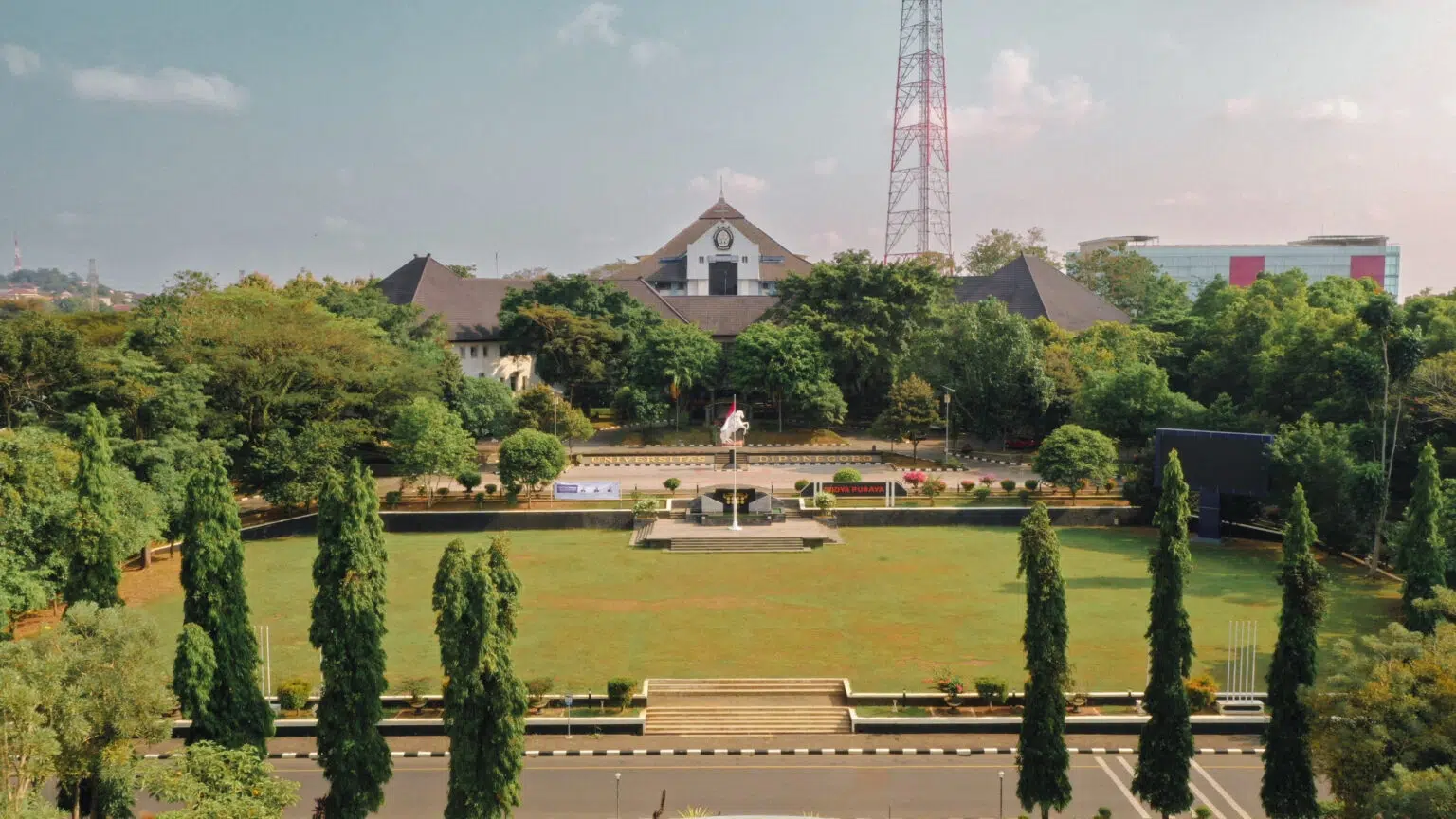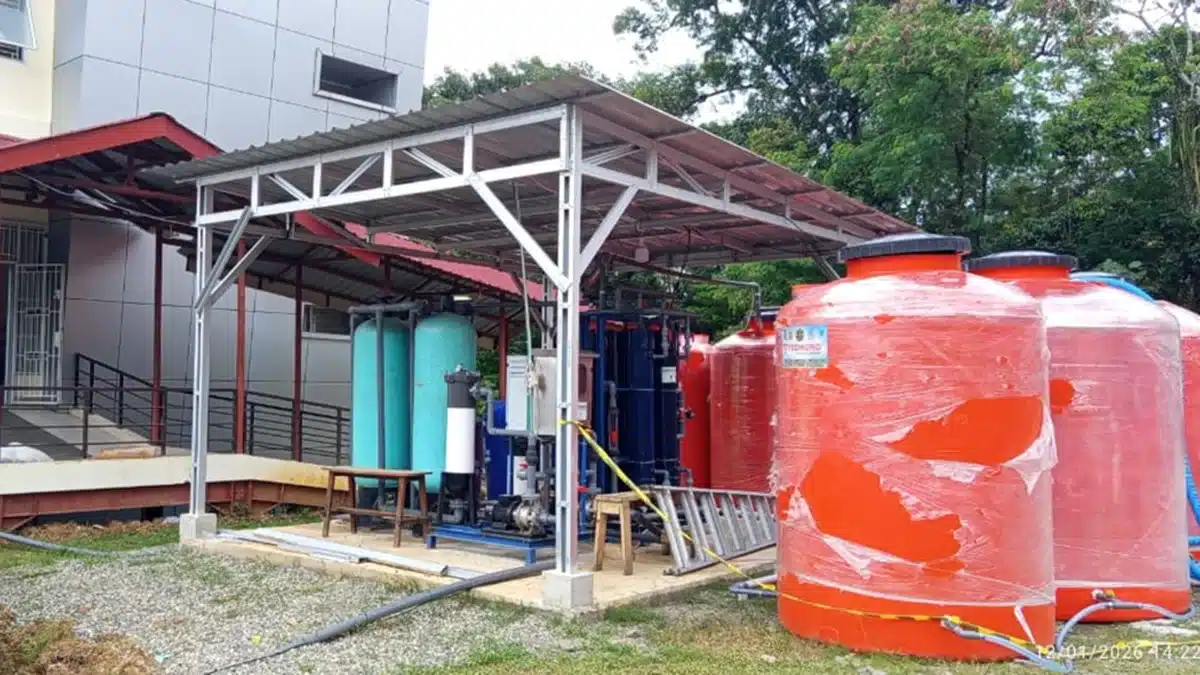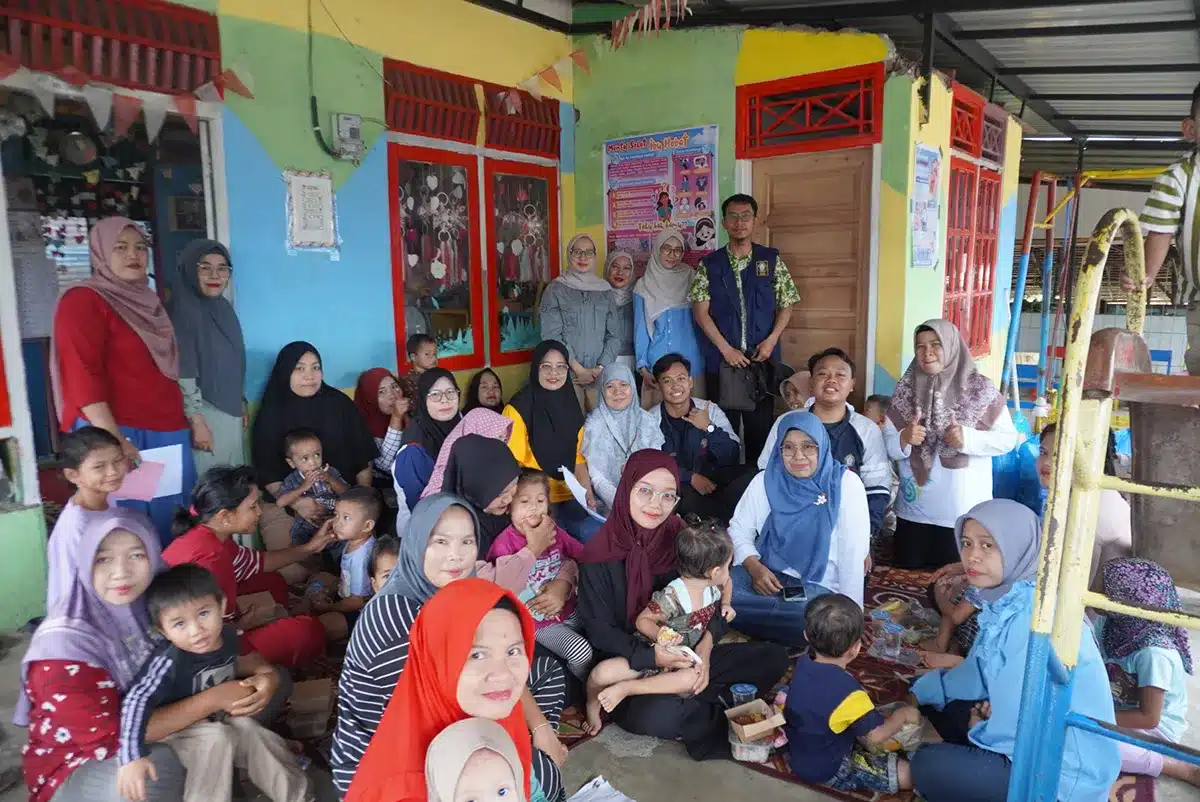The Faculty of Animal and Agricultural Sciences (FPP) of Diponegoro University (Undip) held the 2022 ICAS (International Conference on Agricultural Sustainability) International Seminar which discussed strategies for strengthening food security from aspects of agriculture, animal science, agribusiness and food technology.
The Agroecotechnology Study Program is trusted to be in charge of the international seminar last week. The total number of participants was 236 people with 142 presenters from more than five countries namely India, Malaysia, Russia, and Pakistan.
A number of speakers were present at this international seminar, including Prof. Florentina Kusmiyati from the Faculty of Animal and Agricultural Sciences, Diponegoro University, Indonesia; Prof. Dr. Hideto Ueno from the Graduate School of Agriculture, Ehime University, Japan; Prof. Peter J Batt of Curtin Business School, Curtin University, Australia; Assoc. Prof. Toshihiro Konno, Ph.D. from the Faculty of Agriculture, University of The Ryukyus; Assoc. Prof. Lan-Szu Chou, Ph.D. from BioAgricultural Sciences, College of Agriculture, National Chiayi University, Taiwan.
At the seminar with the theme “Strengthening Agricultural Sustainability and Technology Post Covid-19”, the Dean of the Faculty of Animal and Agricultural Sciences, Prof. Dr. Ir. Bambang Waluyo H.E.P., M.S., M.Agr., IPU opened the 2022 ICAS, saying about the state of world agriculture that was affected. In this case, the farmer must adapt to the new environment. “With this virtual 2022 ICAS, I hope to be of use to policymakers and stakeholders in improving sustainable agriculture. This seminar is expected to be useful for the nation and the world.” As the Head of the faculty, Bambang WHEP would like to thank all partners, namely the committee, speakers, and presenters, as well as all participants who have participated in 2022 ICAS.
Ir. Didik W. Widjajanto, M.Sc.Res., Ph.D. as the Chief Executive of 2022 ICAS said that the role of stakeholders was very important in strengthening sustainable agriculture after Covid-19. He emphasized food security in his speech.
Prof. Florentina Kusmiyati presented her material about marginal land in relation to acid soil and saline soil. Based on his research in the field of feed crops, forage plants grown in saline land have good results for the development of daily weight of goats. In addition, the research that has been carried out is the process of genetic mutation of black soybean plants with radiation as a source of black soybean genotypes tolerant to saline soils.

Prof. Hideto Ueno in his presentation conveyed the importance of developing organic fertilizers from abundant and unused organic materials as well as organic matter and legume crop residues as a low-cost and sustainable technology.
Prof. Peter J Batt in his presentation said that the impact of Covid-19 greatly affected the behavior patterns of buyers. For example, in the retail sector there is a new habit, namely social distancing. The lockdown also reduces the amount of people’s purchasing power, resulting in a decline in profits from the retail sector. From the producer’s point of view, the lockdown causes a decrease in demand for agricultural products, so that it has an impact in terms of production.
At the end of the keynote speaker session, Assoc. Prof. Toshihiro Konno explained about reproductive development with the embryo implantation process to support the development and success of embryo transfer. Closing the keynote speaker session, Assoc. Prof. Lan-Szu Chou explained about the technology in the detection of microbes in food production.








